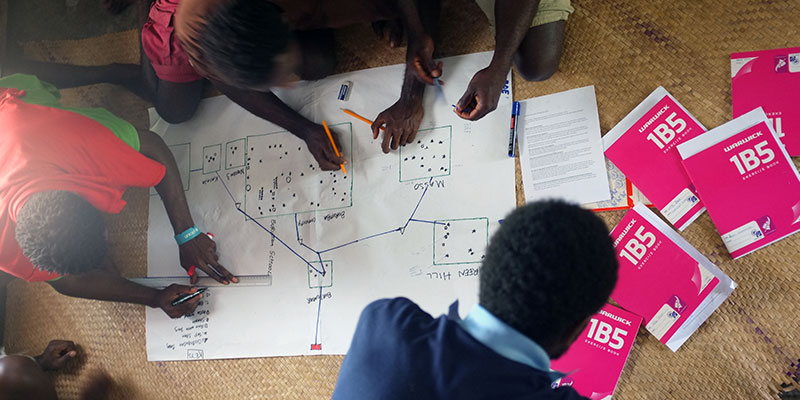
Research theme: Equitable technology methods
Responding to this requires a rethinking of the processes and methods that applied scientists and engineers work through as they develop solutions that are simultaneously technical and social. This means that frameworks for equitable technology development must embrace ideas and concepts from allied fields, such as science and technology studies, and critical analysis of participatory practice.
Important methodological questions arise from understanding, for example, the depth of connection between technology and society and how this drives and distributes impact; how knowledge, power and control interconnect within technology development processes; and how networks of actors and institutions influence technology opportunities and outcomes.
The ETL will explore the deployment of diverse participatory and creative methods to support end-users to co-design technology, and to assist developers to appreciate the significance of social context.
In the process, we want to understand factors that are significant for the success of equitable technology development across a range of societal challenges, technologies and technology readiness levels. For example, the extent to which alternative methods for revealing and legitimising knowledge diversity drive equitable outcomes; how creative methods can reveal histories of marginalisation in ways that are meaningful for engineers; and how to open space for ongoing dialogue and incremental re-shaping of technical and institutional arrangements in diverse technical and socio-economic contexts.
Our goal is to develop a typology of methodological considerations that will influence and support those developing technology, enabling future technology development projects that will both deliver equitable outcomes and, in turn, further refine the available suite of engagement approaches.
For example, see a collection of methods and tools developed in relation to water quality monitoring technology co-development.
